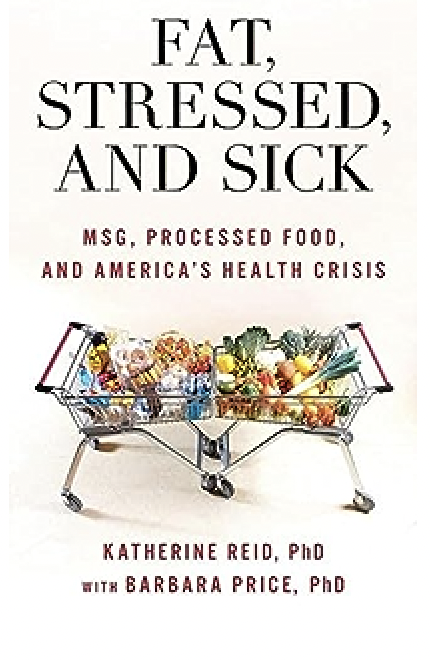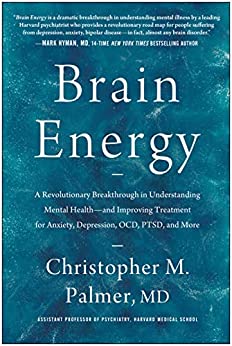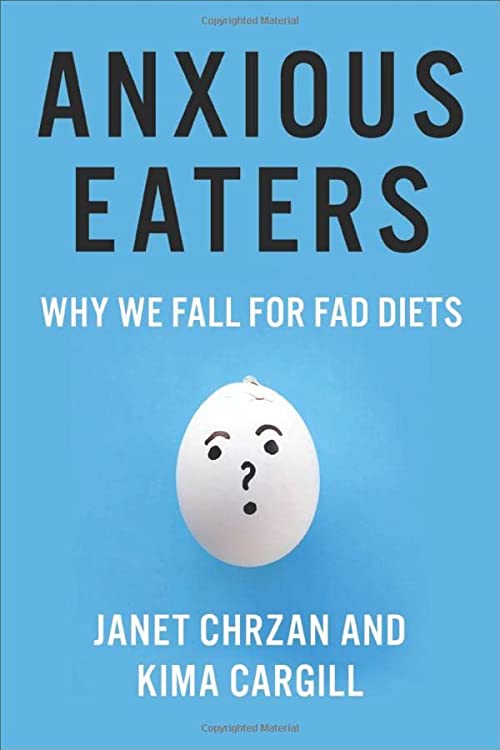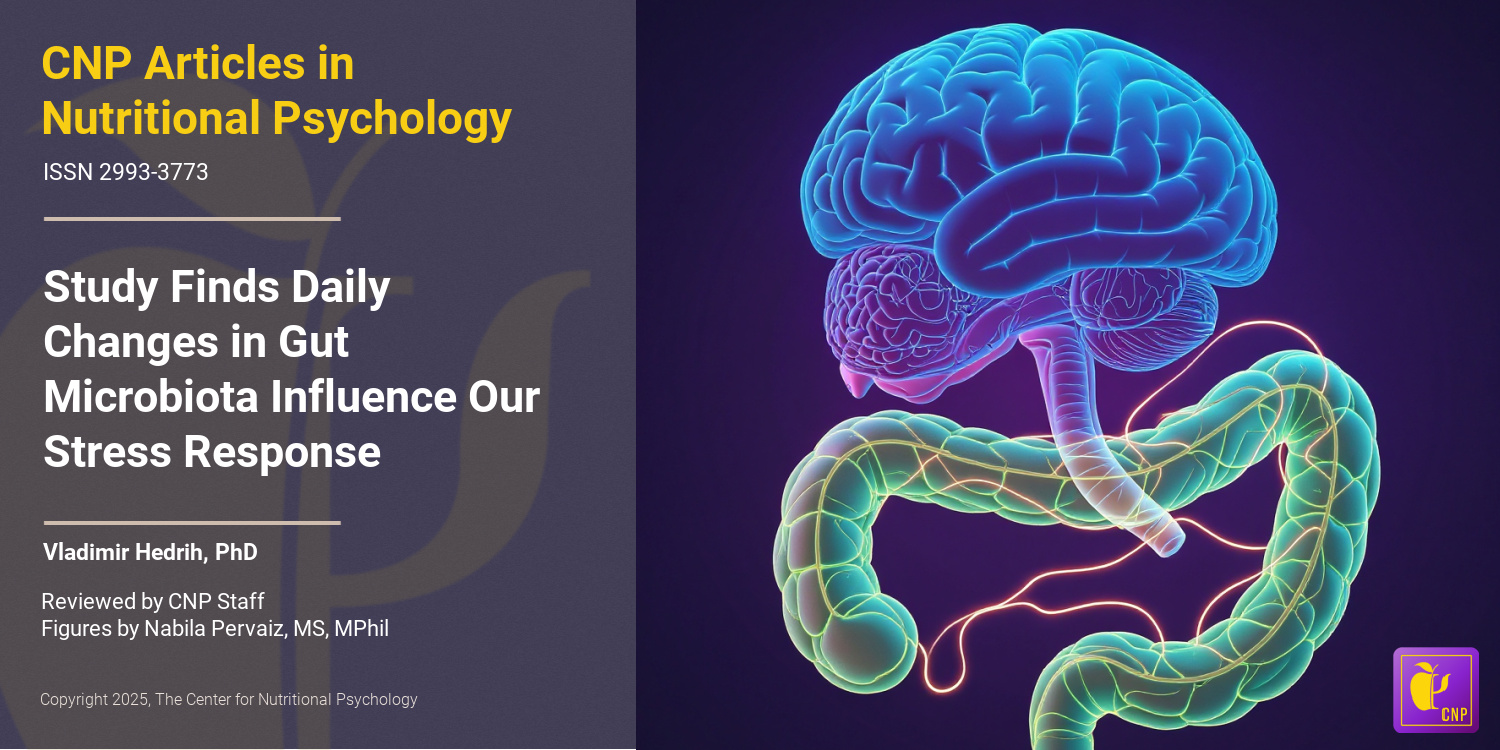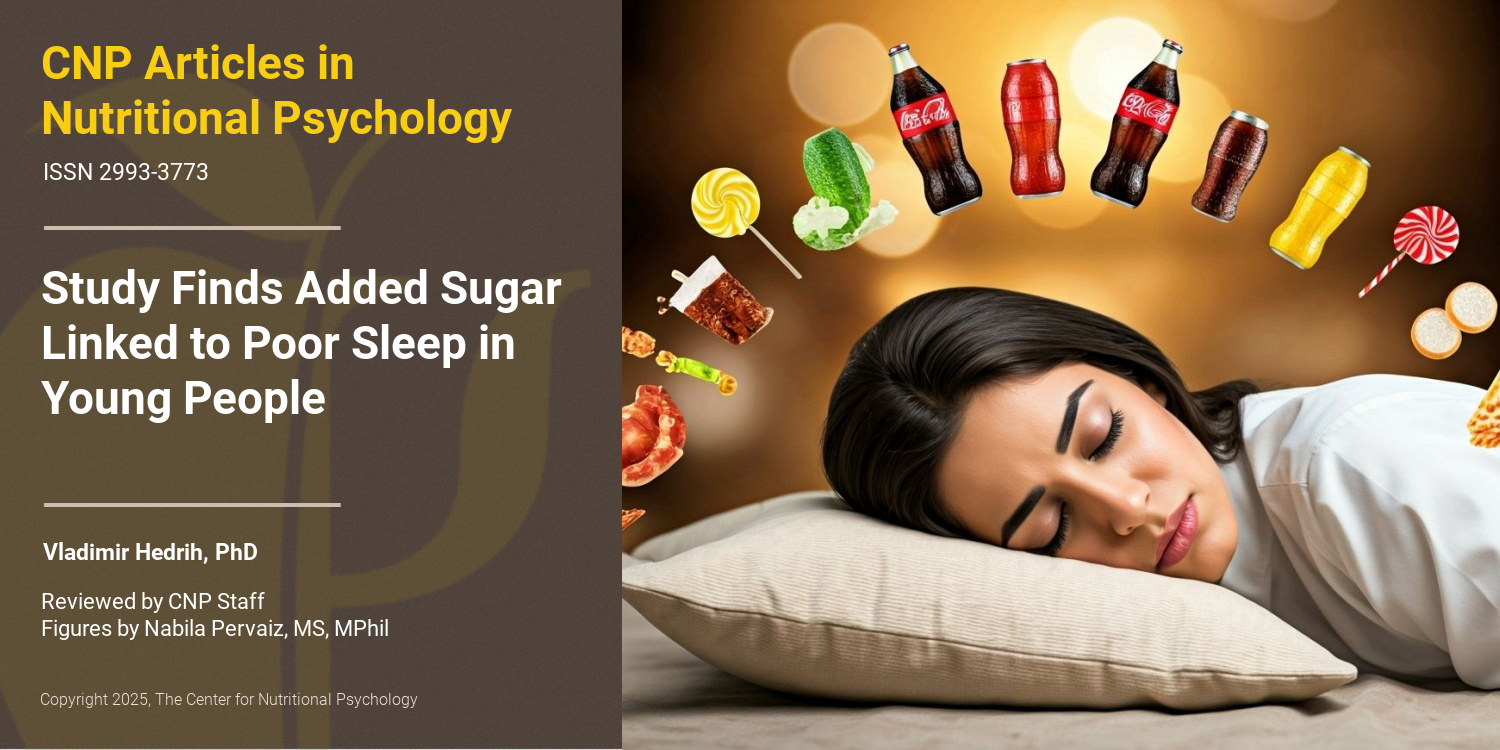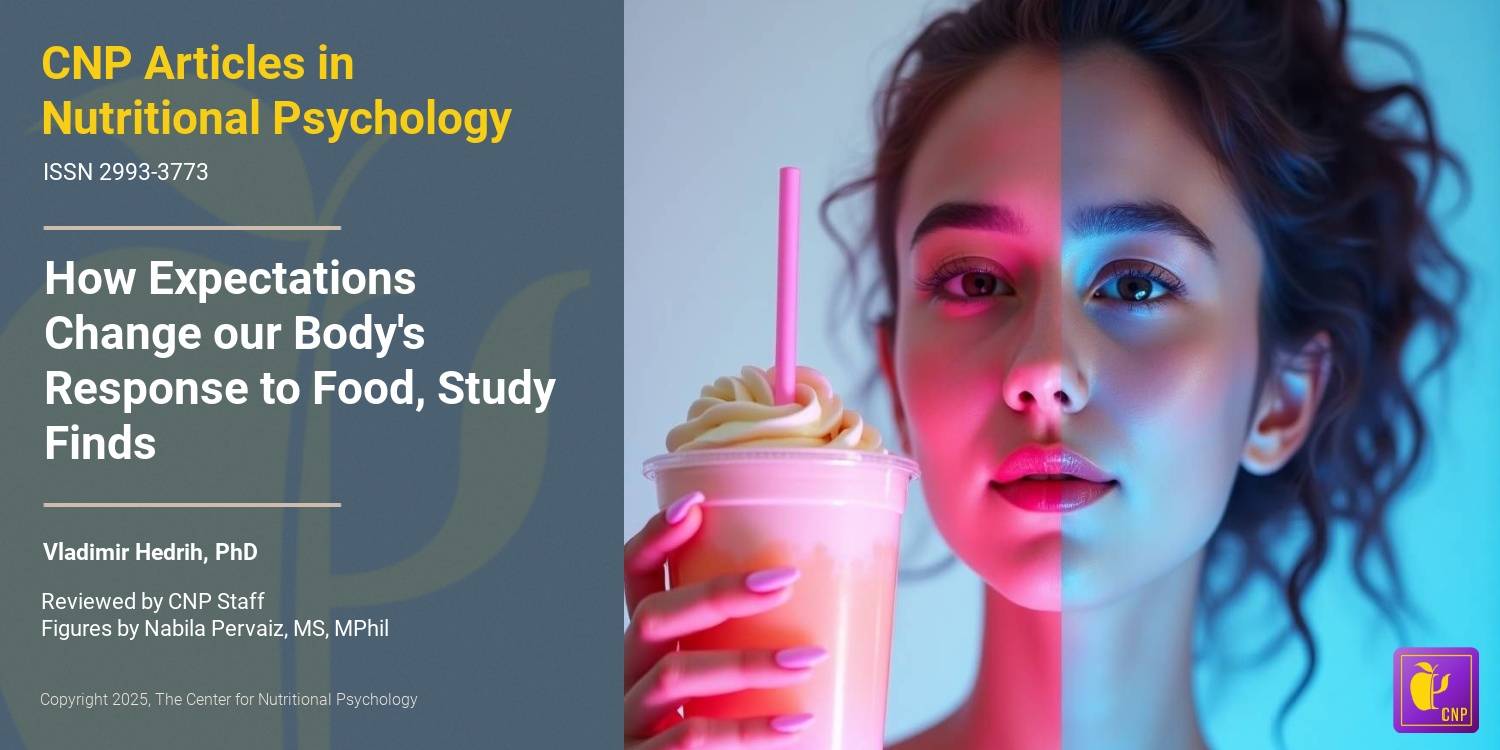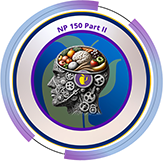This insightful, thought-provoking, and engaging book explores the truth behind how and why we eat and drink what we do. Instead of promising easy answers to eliminating picky eating or weight loss, this book approaches controversial eating and drinking issues from a more useful perspective―explaining the facts to promote understanding of our bodies. The only book to provide an educated reader with a broad, scientific understanding of these topics, The Psychology of Eating and Drinking explores basic eating and drinking processes, such as hunger and taste, as well as how these concepts influence complex topics such as eating disorders, alcohol use, and cuisine. This new edition is grounded in the most up-to-date advances in scientific research on eating and drinking behaviors and will be of interest to anyone.
Archives: Books
Nutrition Psychology: Improving Dietary Adherence: Improving Dietary Adherence
Nutrition Psychology: Improving Dietary Adherence presents prominent psychological theories that are known to drive human eating behavior, and reveal how these models can be transformed into proactive strategies for adhering to healthy dietary regimens.
Handbook of Nutritional Supplements Volume I: Human Use
The Handbook is composed of two parts, the first volume covering supplements for human usewhile the second volume is devoted to agriculture supplements. This volume, relating to food supplements for human use, is organized on the basis of raw materials utilized in their production, as well as on the basis of target groups for which they are intended.
Nutrition and Psychiatric Disorders
- Discusses innovative approaches to nutritional interventions for the treatment of psychiatric disorders
- Examines the intricate relationship between nutrition, brain function, and psychiatric disorders
- Provides evidence-based exploration of the impact of nutrition on mental health and cognition
The Psychology of Eating: From Healthy to Disordered
With its primary focus on the psychology of eating from a social, health, and clinical perspective, the second edition of The Psychology of Eating: From Healthy to Disordered Behavior presents an overview of the latest research into a wide range of eating-related behaviors
- Features the most up-to-date research relating to eating behavior
- Integrates psychological knowledge with several other disciplines
- Written in a lively, accessible style
- Supplemented with illustrations and maps to make literature more approachable
Stress: Immunology and Inflammation
Stress: Immunology and Inflammation, Volume Five in the Handbook of Stress series, covers the influence physiologic stress has on immunity, immunology and inflammation. It provides a quick orientation to the subject for research, in clinic use, and in everyday life. Integrated closely with new behavioral findings and with relevance to human conditions, the concepts and data in this volume offer readers cutting-edge information. It will be of prime interest to neuroscientists, clinicians, researchers, academics, and students in Neuroendocrinology, Neuroscience, Biomedicine, Immunology, Endocrinology, Psychology, Psychiatry and some aspects of the Social Sciences.
The effect of stress on our emotional and physical health can be devastating. There have been significant advances in our understanding of the influence stress has on inflammation in the human body and also our immunity to various afflictions.
The Psychology of Nutrition
Fat, Stressed, and Sick: MSG, Processed Food, and America’s Health Crisis
Fat, Stressed, and Sick makes the case that processed food compromises health not just because of added sugar, salt, and fat, but also because these foods contain significant amounts of glutamate—aka MSG. MSG makes food deliciously addicting. What was not well-known until described here is that most of the MSG in processed food is created during food manufacturing. As the authors show, food processing of protein alone adds 10 grams or more a day of MSG to the average American diet—a statistic that may surprise you.
The book details the research linking dietary glutamate to a suite of inflammatory diseases: obesity, diabetes, autism, addiction, depression, and cancer, to name a few. Understanding the role of MSG in disease became the quest of author and biochemist Katherine Reid when she learned that her young daughter’s autism symptoms were associated with inflammation of the brain. Reid made the connection between inflammation and glutamate in the diet—a connection amply supported by other studies. A deep dive into food manufacturing patents and FDA regulations revealed that, in addition to industry practices that create MSG during food processing, MSG is also found in ingredients labeled “hydrolyzed protein,” “yeast extract,” and even “natural flavors,” misleading labels that disguise a food’s true MSG content. In what became an experiment in her home kitchen, Reid examined every ingredient on every food label, removing all items with MSG and replacing them with whole foods. The results were swift and undeniable. Reid’s discovery that what one ate mattered was the start of a program of food-based solutions to chronic inflammatory illnesses, through which now, a decade later, she has helped thousands of people.
The idea that large amounts glutamate in the diet jeopardizes health is supported by decades of research, despite efforts by the glutamate industry to discredit the scientific evidence that MSG poses a risk. Some would have you believe the science is settled. It is not. This book explains the science behind why we crave the MSG in processed food, why it is hidden, how it is making us sick, and what we can do about it.
Brain Energy: A Revolutionary Breakthrough in Understanding Mental Health–and Improving Treatment for Anxiety, Depression, OCD, PTSD, and More
We are in the midst of a global mental health crisis, and mental illnesses are on the rise. But what causes mental illness? And why are mental health problems so hard to treat? Drawing on decades of research, Harvard psychiatrist Dr. Chris Palmer outlines a revolutionary new understanding that for the first time unites our existing knowledge about mental illness within a single framework: Mental disorders are metabolic disorders of the brain.
Brain Energy explains this new understanding of mental illness in detail, from symptoms and risk factors to what is happening in brain cells. Palmer also sheds light on the new treatment pathways this theory opens up—which apply to all mental disorders, including anxiety, depression, ADHD, alcoholism, eating disorders, bipolar disorder, autism, and even schizophrenia. Brain Energy pairs cutting-edge science with practical advice and strategies to help people reclaim their mental health.
Palmer puts together the pieces of the mental illness puzzle to provide answers and offer hope. Brain Energy will transform the field of mental health, and the lives of countless people around the world.
Anxious Eaters: Why We Fall for Fad Diets
What makes fad diets so appealing to so many people? How did there get to be so many different ones, often with eerily similar prescriptions? Why do people cycle on and off diets, perpetually searching for that one simple trick that will solve everything? And how did these fads become so central to conversations about food and nutrition?
Anxious Eaters shows that fad diets are popular because they fulfill crucial social and psychological needs―which is also why they tend to fail. Janet Chrzan and Kima Cargill bring together anthropology, psychology, and nutrition to explore what these programs promise yet rarely fulfill for dieters. They demonstrate how fad diets help people cope with widespread anxieties and offer tantalizing glimpses of attainable self-transformation. Chrzan and Cargill emphasize the social contexts of diets, arguing that beliefs about nutrition are deeply rooted in pervasive cultural narratives. Although people choose to adopt new eating habits for individual reasons, broader forces shape why fad diets seem to make sense.
Considering dietary beliefs and practices in terms of culture, nutrition, and individual psychological needs, Anxious Eaters refrains from moralizing or promoting a “right” way to eat. Instead, it offers new ways of understanding the popularity of a wide range of eating trends, including the Atkins Diet and other low- or no-carb diets; beliefs that ingredients like wheat products and sugars are toxic, allergenic, or addictive; food avoidance and “Clean Eating” practices; and paleo or primal diets. Anxious Eaters sheds new light on why people adopt such diets and why these diets remain so attractive even though they often fail.







